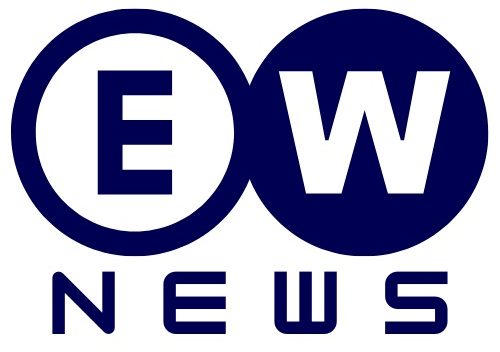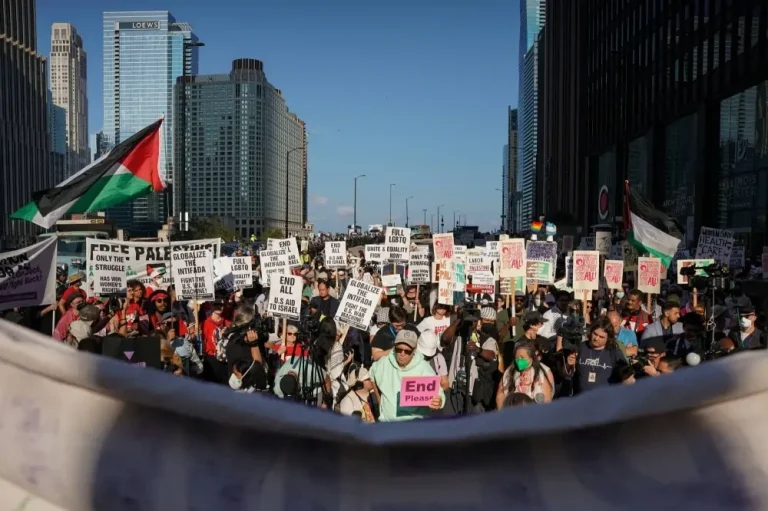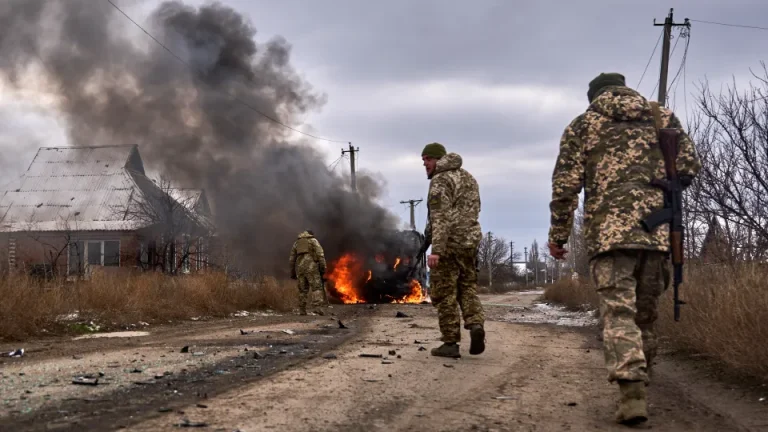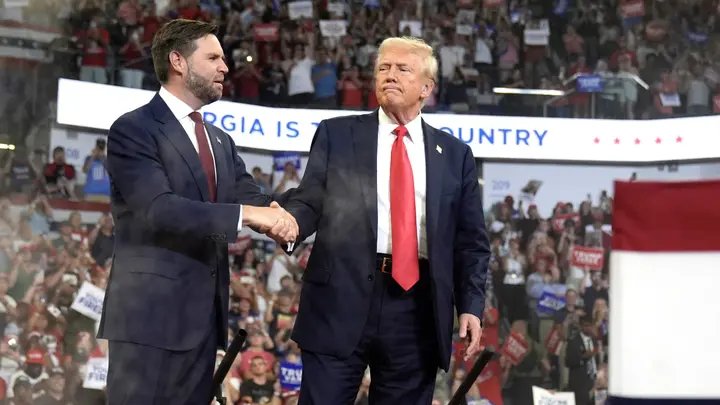BREAKING
Iran is preparing for potential Israeli strikes on its nuclear sites, as the country’s Supreme Leader, Ayatollah Ali Khamenei, called for Western powers to withdraw from the Middle East. In his first public appearance since ordering a high-risk missile attack on Israel, Khamenei met with students and scientists on Wednesday, emphasizing Iran’s resolve despite recent events. The attack was a direct response to Israeli actions targeting Hezbollah leaders, a militant group backed by Tehran in Lebanon.
Khamenei addressed the nation, expressing grief over the recent assassination of Hezbollah leader Hassan Nasrallah, but stressed that mourning did not equate to passivity, urging the nation to remain resolute. Iran’s missile strike has united the country’s previously fragmented political elite, with leaders defending the attack as lawful and necessary for restoring deterrence and protecting national sovereignty. Iran’s Foreign Minister, Abbas Araghchi, communicated with European leaders, insisting that Iran does not seek further escalation and that its targets in Israel were strictly military, unlike Israel’s attacks in Lebanon.
When asked if Iran had directly warned the U.S. before the missile launch, Araghchi denied any direct communication but acknowledged that warnings were conveyed through Switzerland, which serves as a diplomatic intermediary for the U.S. in Tehran. The foreign minister also emphasized that part of his diplomatic outreach was to outline the limits of Iran’s response and encourage the West to urge Israeli restraint.
Iran’s defense minister, Aziz Nasirzadeh, also warned European nations to rein in Israel, cautioning that failure to do so could lead to a broader regional conflict. Iran is set to defend its actions at a United Nations Security Council meeting later, citing the UN Charter.
Military leaders in Iran, including Maj Gen Mohammad Bagheri, confirmed that Iranian missiles targeted Israeli airbases, including Nevatim, which houses advanced F-35 fighter jets, and the Mossad headquarters. Footage of the Islamic Revolutionary Guards Corps (IRGC) leadership watching the strike was broadcast, showing them celebrating as missiles hit their targets.
Meanwhile, Mohammad Baqir Qalibaf, speaker of Iran’s parliament, warned of a prepared counterattack in response to any Israeli aggression, suggesting that Iran’s next response would be on an unprecedented scale. However, analysts caution that Iran’s air defenses remain underdeveloped, largely reliant on Russian equipment, while Israeli Prime Minister Benjamin Netanyahu has openly stated his objective of shifting the balance of power in the Middle East, widely interpreted as a strategy to weaken Iran’s nuclear ambitions.
In response to potential internal dissent, the Iranian regime has taken precautions, with the oil ministry announcing no plans to raise fuel prices, a sensitive issue in the context of economic sanctions and high inflation. Additionally, the IRGC has called on citizens to report pro-Israel sentiment on social media, and all commercial flights across Iranian airspace have been halted.
A key target in any potential Israeli strike is Fordow, a deep underground uranium enrichment facility near Qom. An attack on this site would likely reignite internal debates in Iran about pursuing a nuclear weapon, as opposed to merely enriching uranium.
Javad Zarif, Iran’s strategic minister and one of the government officials traditionally reluctant to endorse military action, has nevertheless backed the attacks unequivocally. He condemned Western support for Israel, accusing them of complicity in Israel’s actions across the region, including Gaza and Lebanon. Zarif reiterated that Iran has the right to self-defense in the face of repeated Israeli attacks on its territory and citizens, placing full responsibility on Israel and its allies for the consequences of escalating tensions.





